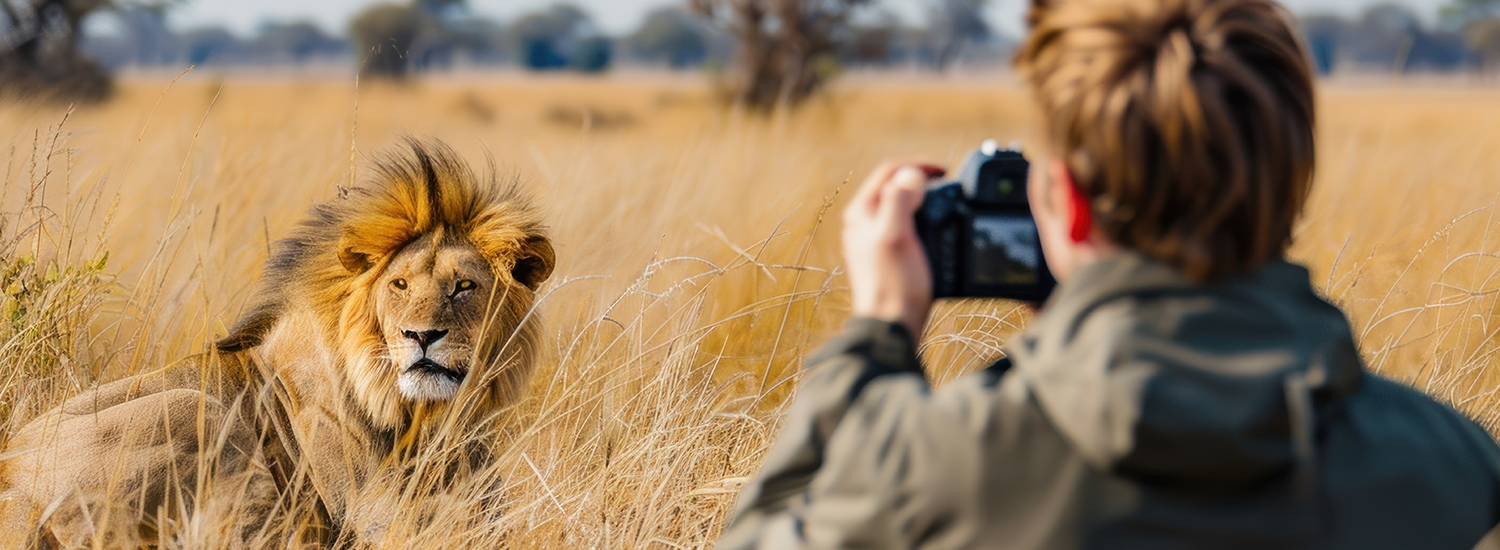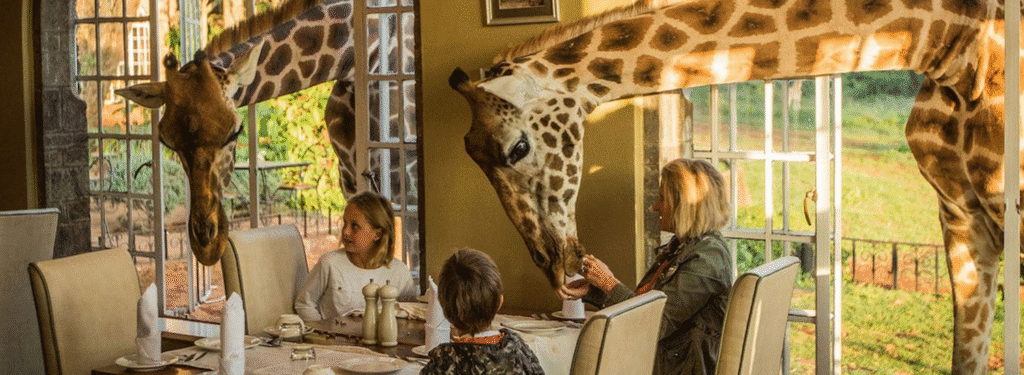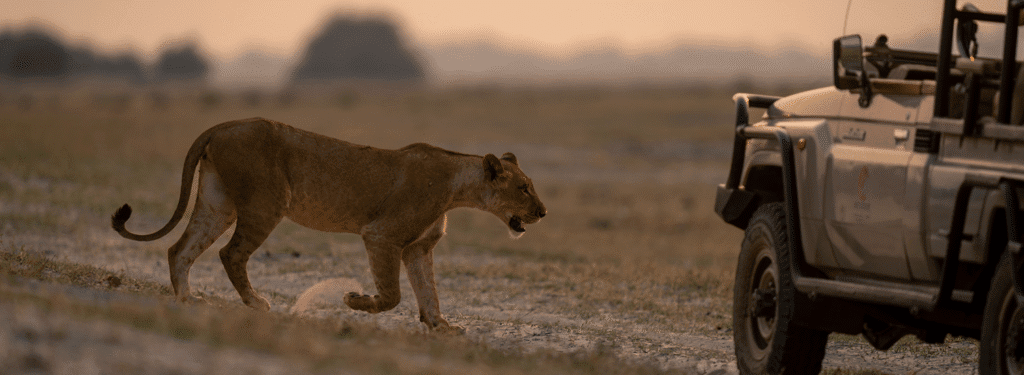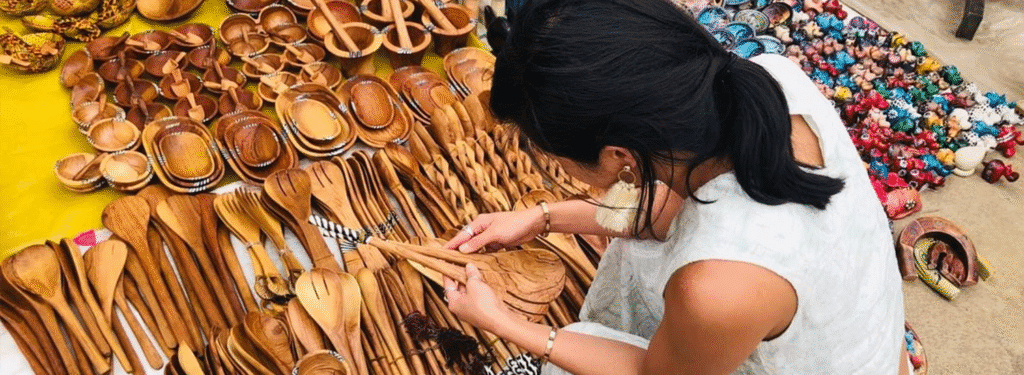
East Africa Safari FAQs and Safety Guide for Travelers
- bySusan Wanjiru
- - June 23, 2025
Home » Blog » East Africa Safari FAQs and Safety Guide for Travelers
Planning a dream trip to Africa? Whether you’re eyeing the Masai Mara National Reserve in Kenya, the Serengeti National Park in Tanzania, or scenic escapes like Lake Naivasha and Lake Nakuru, it’s natural to have questions and doubts—especially if it’s your first safari. Here’s a no-fluff guide answering the most searched questions and offering practical safety tips to help you plan a stress-free adventure.
1. Is it safe to travel to Kenya and Tanzania for a safari?
Yes, it is absolutely safe. But we recommend going with a reputable operator. Kenya and Tanzania are two of the most visited East African countries for tourism, with well-established safari circuits. Booking with trusted companies offering licensed Kenya or Serengeti safari packages ensures secure accommodations, experienced guides, and well-maintained vehicles.
Safety tip: Avoid self-driving. Always travel with a local guide, especially in national parks and conservancies. Guides know the terrain, understand animal behavior, and help you stay safe and informed.
2. What’s the best time to go on safari in Kenya or Tanzania?
The dry seasons—June to October and January to February—are ideal for wildlife visibility. The Great Migration in the Serengeti and Masai Mara (July–October) is one of Africa’s top wildlife spectacles and worth planning around.
3. Do I need a visa for Kenya and Tanzania?
Yes. Most nationalities require a visa for both countries. Kenya offers an eVisa, while Tanzania has online and visa-on-arrival options. Always check official embassy websites for the latest requirements.
4. Is the food safe to eat on safari?

Absolutely—if you’re staying in established lodges or camps. Many offer farm-to-table meals prepared under high hygiene standards.
Safety tip: Avoid street food unless your guide recommends it. Stick to bottled or filtered water. Most safari accommodations provide safe drinking water.
Pro tip: Packaged water is also provided in private vehicles during game drives, so you don’t need to worry about hydration while out spotting wildlife.
5. Should I buy a local SIM card?
Yes, buying a local SIM card is a smart move if you want to stay connected. Both Kenya and Tanzania offer reliable SIM options with affordable data plans. Popular providers include Safaricom (Kenya) and Vodacom (Tanzania).
Pro tip: Some lodges and camps have Wi-Fi, but it may be spotty. A local SIM ensures better connectivity while traveling between locations.
6. Is the water clean to drink?
Tap water is not recommended for drinking. Always opt for bottled or filtered water. This is readily available in hotels, lodges, and during your safari.
Safety tip: Don’t worry about carrying large water bottles around. Packaged water is typically included in your private safari vehicle for game drives.
7. What animals can I expect to see?

Expect the Big 5—lion, leopard, buffalo, rhino, and elephant—especially in the Masai Mara and Serengeti. In Amboseli National Park, see large elephant herds with Mount Kilimanjaro in the background. Lake Nakuru is famous for rhinos and flamingos, while Lake Naivasha offers hippo sightings and scenic boat rides.
8. Yellow Fever Vaccination – Do I need it?
Yes, if you’re arriving from a country with a risk of yellow fever transmission (including stopovers of more than 12 hours), you’ll be required to show proof of vaccination. Check your travel itinerary and consult your doctor or a travel clinic well in advance.
Pro tip: Always carry your Yellow Fever Certificate with your passport, especially when crossing borders between East African countries. It is good to take a precaution and get the vaccine for your own safety.
9. Any tips for navigating local markets or entry gates?

At national park gates or stopovers, you’ll often encounter local vendors selling souvenirs, crafts, or snacks.
Safety tip: While many are genuine, be cautious. Avoid engaging with overly persistent sellers, and don’t hand over money or take photos without consent.
Pro tip: Let your guide handle any interactions—they know how to navigate these situations smoothly.
Final Safari Tips
- Listen to your guide. They’re experienced, insightful, and truly make or break your safari.
- Pack light, bring binoculars, and wear neutral-colored clothing.
- Use sun protection—sunscreen, a hat, and sunglasses are a must.
- Stay curious but cautious. Respect wildlife boundaries at all times.
Still curious? Check out our detailed FAQ page, which has all the answers to your questions. Link- https://scarfacepride.com/faq/
If you’re looking to plan a safari in Kenya or Tanzania, then reach out to Scarface Pride and we will help plan your custom itinerary!
